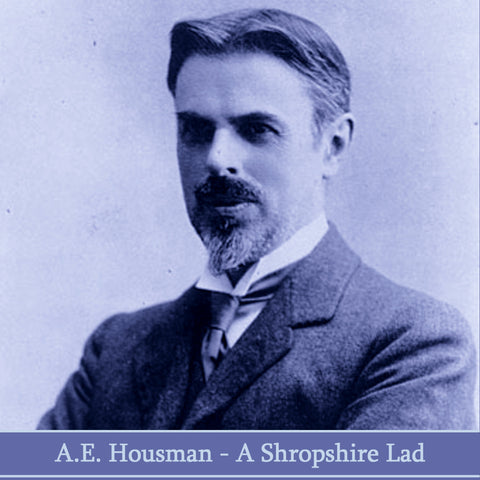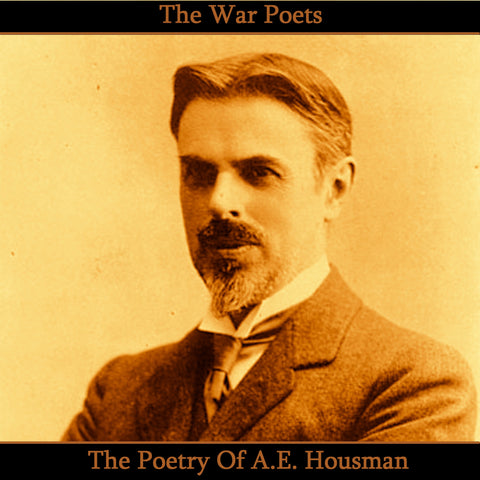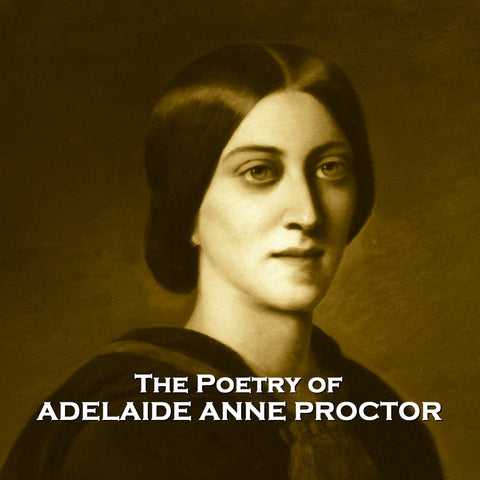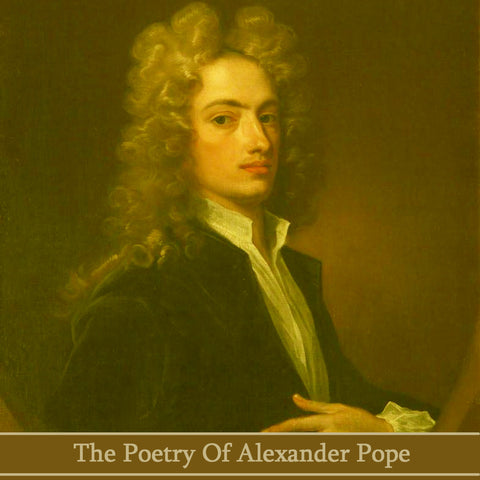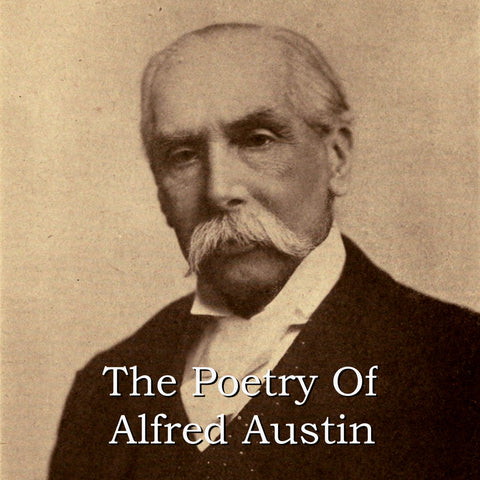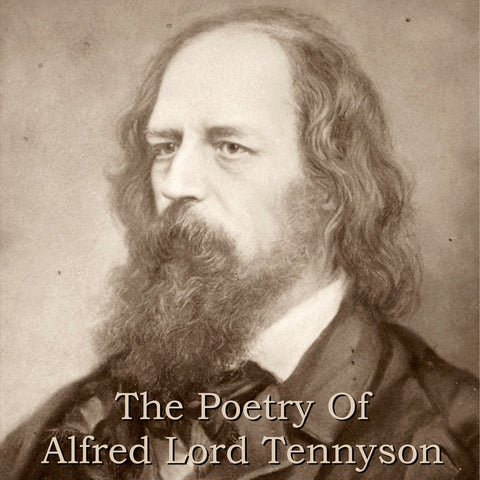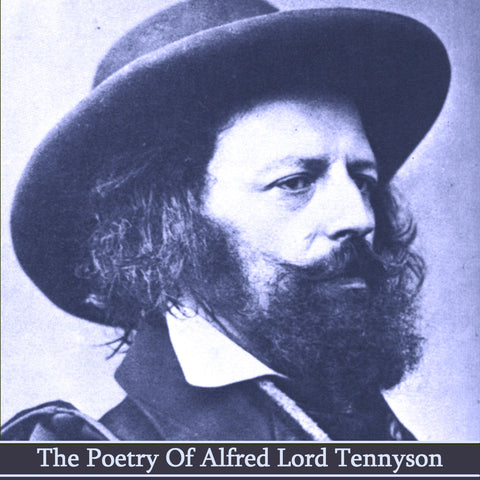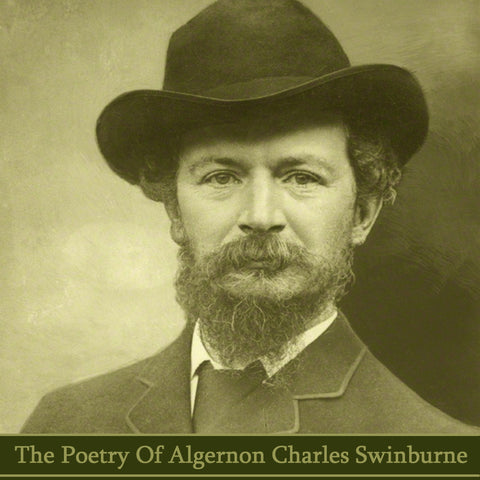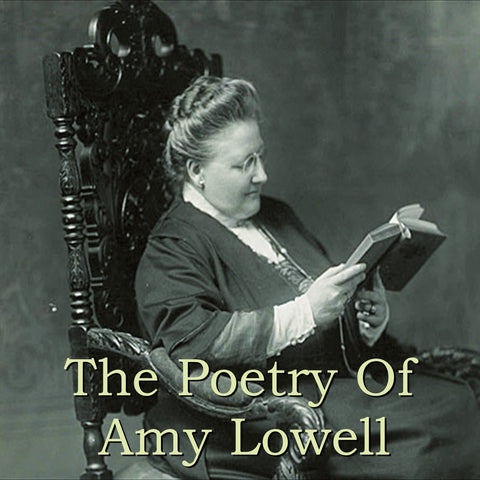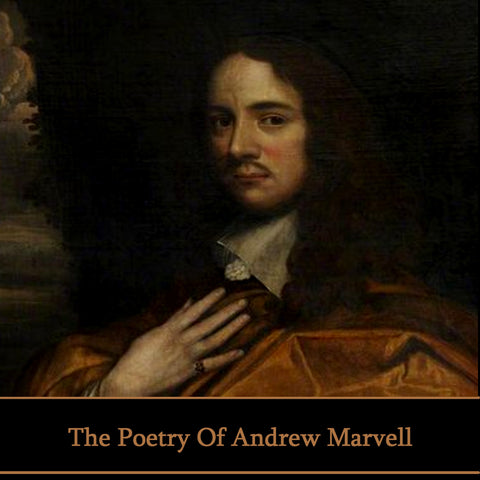Your cart is empty now.
Read by Richard Mitchley, Ghizela Rowe & Gideon Wagner (Unabridged: 1hr 5mins)
John Dryden was born on August 9th, 1631 in the village rectory of Aldwincle near Thrapston in Northamptonshire and grew up in a nearby village. In 1644 he was sent to Westminster School as a King's Scholar and then obtained his BA in 1654, graduating top of the list for Trinity College, Cambridge that year.
Returning to London during The Protectorate, Dryden found work with Cromwell's Secretary of State, John Thurloe. At Cromwell's funeral on November 23rd 1658 he found company with the Puritan poets John Milton and Andrew Marvell. The setting was to be a sea change in English history. From Republic to Monarchy and from one set of lauded poets to what would soon become the Age of Dryden. Later that year he published the first of his great poems, Heroic Stanzas (1658), a eulogy on Cromwell's death.
With the Restoration of the Monarchy in 1660 Dryden celebrated in verse with Astraea Redux, an authentic royalist panegyric and with the re-opening of the theatres he began to also write plays. His first, The Wild Gallant, appeared in 1663 and whilst not successful, he was contracted to produce three plays a year for the King's Company, in which he became a shareholder. During the 1660s and '70s, theatrical writing was his main source of income.
In 1667, he published Annus Mirabilis, a lengthy historical poem which described the English defeat of the Dutch naval fleet and the Great Fire of London. This work established him as the pre-eminent poet of his generation, and was crucial in his attaining the posts of Poet Laureate in 1668 and a couple of years later, historiographer royal (1670) as his talent encompassed many forms; from Poetry to Plays to translations.
In 1694 he began work on what would be his most ambitious and defining work as translator, The Works of Virgil (1697), which was published by subscription. It was a national event.
John Dryden died on May 12th, 1700, and was initially buried in St. Anne's cemetery in Soho, before being exhumed and reburied in Westminster Abbey ten days later.
In this compilation -
| 01 - John Dryden - An Introduction |
| 02 - The Medal - A Satire Against Sedition - An Extract by John Dryden |
| 03 - Ode by John Dryden |
| 04 - An Extract from Annus Mirabilis by John Dryden |
| 05 - Alexander's Feast or, The Power of Music by John Dryden |
| 06 - A Song For St Cecilia's Day by John Dryden |
| 07 - Song to a Fair Young Lady Going Out of the Town in the Spring by John Dryden |
| 08 - Song For A Girl from Love Triumphant by John Dryden |
| 09 - Ah How Sweet it is to Love by John Dryden |
| 10 - One Happy Moment by John Dryden |
| 11 - Can Life Be a Blessing by John Dryden |
| 12 - A Song from the Italian from the Kind Keeper by John Dryden |
| 13 - Farewell Ungrateful Traitor by John Dryden |
| 14 - Hidden Flame by John Dryden |
| 15 - Dreams by John Dryden |
| 16 - Incantation To Oedipus by John Dryden |
| 17 - Happy the Man by John Dryden |
| 18 - Hymn For St John's Eve the 29th June by John Henry Dryden |
| 19 - To the Memory of Mr Oldham by John Dryden |
| 20 - On Milton by John Dryden |
| 21 - To His Sacred Majesty, A Panegyrick on His Coronation, 1661 by John Dryden |
| 22 - Heroic Stanzas by John Dryden |
| 23 - Verses To Her Royal Highness The Duchess, On The Memorable Victory Gained By The Duke Against The Hollanders, June 3rd, 1665 by John Henry Dryden |


